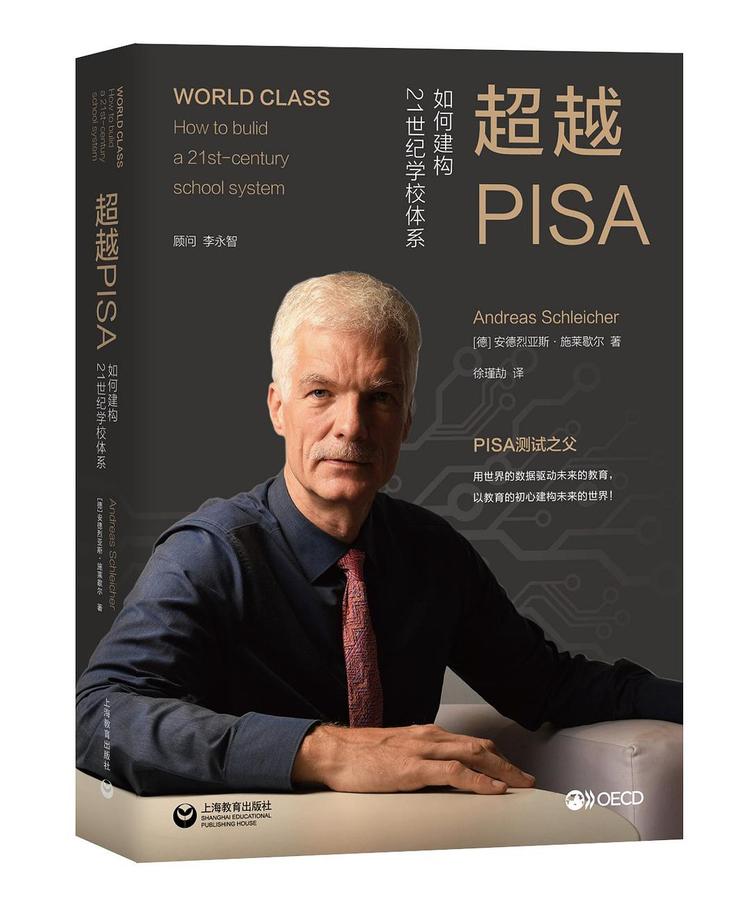
Author: Andreas Schleicher
Translated by Xu Jinjie
Advisor: Li Yongzhi
Beyond PISA is written by Andreas Schleicher, the founder of PISA. Starting with the origins of PISA, the book analyzes educational reform practices in more than 70 countries and systematically refutes common misconceptions in education, such as "the smaller the class size, the higher the teaching efficiency." Taking the educational systems of Shanghai (China), Finland, Singapore, and other regions as case studies, it proposes reform pathways from dimensions including teacher education policies, educational equity, and leadership development. Shanghai has achieved "large-scale individualized teaching" through the integration of technology and traditional teaching, while Finland promotes holistic education by abolishing standardized examinations—providing empirical references for global educational transformation.
The author points out that the standardized, assembly-line educational model born in the industrial era can no longer meet the demands for innovative capabilities and critical thinking in the age of artificial intelligence. Future education needs to realize three major restructurings:
The philosophy shifts from "standardization" to "people-centeredness";
The system transforms from phased school education to a lifelong learning ecosystem;
The content moves from knowledge memorization to the cultivation of information acquisition and problem-solving abilities.
As the designer of PISA, Schleicher acknowledges its evaluation value while reflecting on its limitations. He proposes building a comprehensive assessment system covering social-emotional skills and digital literacy. This book provides a roadmap for educational reform for policymakers, clarifies the direction of future talent cultivation for educators and parents, and can be called a "manifesto for the future of education."




